Hello, thank you very, very much. We have Mrs. Atessa Houshour here with us in Visionto magazine.
It’s a great honor to have Mrs. Atessa, who is an active social figure in Toronto. Thank you very much for accepting our invitation so that we can sit down with you and learn about your past experiences over the years and hear your views on the future. Please go ahead.
Thank you very much. Greetings to Mr. Nadi, Visionto, and its team. I also greet their listeners and thank Mrs. Shohreh Sabbaghpour, who actually nominated me for this interview. I recently turned 55, and in an announcement on Facebook for my 55th birthday, where I invited my friends to my birthday party, I wrote that my age is 55, but my body might be 70 or 80 years old, and my soul is probably that of a 20-year-old girl. I came to Canada in 1999, and when we were in Iran, we were seriously involved in music, art, and literature from childhood. I mean, from the second or third grade of elementary school, I attended the Iranian Center for the Preservation and Promotion of Music, which was the result of my parents’ efforts during those years of musical hardship.
Literature also played a significant role in our home.
We lived in Tehranpars, and my parents’ workplace, both being academics, was the University of Tehran. Every day on the way from Tehranpars to the University of Tehran and back, my mother would recite Hafez in the car, or talk about literature and literary metaphors, or tell us about the mysteries of Hafez, mysticism, and heroism in Iran. My parents paid attention to the beauty of Hafez’s poetry, enjoyed it, and taught us how to understand and appreciate it. Therefore, literature became a very serious element in our home, as did music.
Later on, I studied mathematics at school and became a mathematics student at the University of Tehran, entering a completely different field. On the surface, it was different, but due to the analytical and abstract nature of the field, it actually brought me closer to art, to the point where I wrote my bachelor’s thesis on the relationship between music and mathematics. At the age of 21, I presented a paper at the 21st National Mathematics Conference on numerical sequences that can actually represent the intervals of Iranian music.
For me, the combination of literature, music, and mathematics opened new doors. I had an analytical mind, and at the same time, writing and reading were practiced, repeated, and worked on in our home. My mother might not criticize my choice of clothing, but if necessary, she would certainly critique my writing, saying this should be written like this, or that the spelling is like this, or that this color pen should or shouldn’t be used for such a task. It was very serious. On the other hand, performing music in front of an audience led to a new interest in performing arts, storytelling, singing, dancing, and visual arts. I learned many of these on my own, and I sought out and learned from various masters, engaging in these activities alongside mathematics.
In 1994, I started working with the Industrial Management Organization as an expert. After a few years, I got married in Iran, and in 1999, we migrated to Canada. For someone like me who was deeply rooted in my homeland, whose life was filled with education, art, and literature, surrounded only by support and admiration, it was like a fish being thrown onto dry land. While I enjoyed the blessings and opportunities in Canada, I felt foreign, and we felt foreign. As one of our friends put it, migration is different from travel.
We were migrants.
So, when I arrived as a migrant, I didn’t have the opportunity to wander around; no, I didn’t go to Niagara for a year and a half, nor did I know much about many places. We had to work hard to adapt to this lifestyle and find our place without a strong social network, introduce ourselves, and rebuild from scratch. I always remember that our social network in Iran was so large and strong that it was sometimes exhausting, and I wondered whether I had earned the privileges I had, or if it was just the kindness of my friends. Now that I think about it, perhaps one motivation for this migration was to test our own capabilities and put ourselves to the test.
After a few months, I entered the IT field, and this IT journey continued until 2015. We were busy with our lives. We had a child, and in 2002, the IT bubble burst. My husband and I, who had prepared ourselves for a relatively comfortable life as two young people, had adjusted our loans and debts to the income we had as two IT engineers and specialists. Suddenly, we both became unemployed, while we had a little baby of a few months.
Returning to the IT world, or any work in that situation, was very difficult. There was a severe economic downturn. So, from the security we had in Iran, where we could reach what we wanted without even asking for it, we found ourselves in a state of insecurity and a test for ourselves. For me, these stages were like the seven labors of Rostam. I knew we would get through them, but I couldn’t see a path ahead of us.
We were looking for different places and jobs to stand on our feet, but here, as soon as you step out of the system, getting back into these gears isn’t easy, and I had been on maternity leave for a year, and returning to work was difficult. Not to mention that I was let go from the company before I could return, which was not legal.
Around this time, I was diagnosed with breast cancer for the first time. My child was three years old when this problem arose, adding a new experience to our lives. During this period, we were both unemployed.
My husband did some work to some extent, but I wasn’t working, and we had a little baby, and we were alone.
Although a disease like cancer can be very distressing, and the first few days were really shocking, I came to the conclusion that it’s better to always, not just at that time, live day by day and think about what I can do today.
The first few days, I was really in limbo, but then I realized that “you might not be here in a few months, but your body still works, your mind still works, you can show love, you can take care of your child, so as long as you’re here, go for it.” This idea really saved me from that confusion that can come with facing an illness, and I became the supporter of the other members of the house and the family’s warrior to move forward.
My husband helped me a lot during this time, something I’ll never forget, and I’m grateful to him. He supported me, he didn’t let many of the fears and worries reach me so that I could focus on myself, and even that is something many people can’t do.
At the end of 2004, this issue arose for me, and in 2005, I was able to get back to normal life and return to work as a senior analyst.
I continued with these jobs until 2008 when cancer returned, and once again, treatments and various tasks that we could do.
One interesting thing was that I noticed people here have a stigma about this disease or any chronic illness, especially Iranians, that they want to hide it. And it seemed to me that when I hide it from others, I feel like an invisible heavy curtain is placed between me and my loved ones, which either creates a sense of pity for them or causes them not to understand me. Well, why shouldn’t I talk openly about this problem that can exist in every society?
So, I decided to talk about it, and as much as I could, I participated in public events, and I vowed that if someone else got sick, I would stand by them and share what I had learned from my experience, help them feel they are not alone, and that the illness they have can be treated like a cold, with care, patience, and commitment to the tasks that are needed. And in the end, life is like a snowball or ice in your hand; we don’t know when it will melt and end, but as long as it’s in your hand, you can make use of it.
That was an important principle I reached during this ordeal. I continued to work as an IT specialist, and in 2015, I was diagnosed with cancer for the third time.
During these years, my father, who was a professor at the University of Tehran, specialized in medical geography, but after his retirement, he worked on many reference books.
After his retirement, he worked a lot on reference books, on history and sociology, and one of his valuable works was creating toys from old Tehran. He made all of them in a workshop in our home in Tehran (he said he wanted to connect with his childhood).
Making toys from a person who is a scholar, a university professor, and a researcher results in the creation of a significant research project. He decided to write about all these toys and create the first encyclopedia of old Iranian toys, and these became a museum in the Oudlajan neighborhood in Tehran. And it did.
But unfortunately, due to various reasons, as we know, long-term planning in Iran is not feasible, and after a few months, this valuable museum was closed down, and many of these toys were lost or stolen, never to be returned to us.
And at that time, I was sick again, and I was looking for another rock to hold onto.
I told myself that maybe I was supposed to look for something else.
If my life is going to be short or long, and however long it is, let’s go
for what I feel the need to do. It was at this time that I remembered that during the previous few years, I had entered the theater as an actor, learned puppetry, worked with many troupes, and was on the stage. I thought to myself, “Since I don’t know how long this body will last, let’s go for the passions I didn’t pursue, like writing, performing, etc.” That’s when I started writing, editing, and working in this field.
And then, gradually, I turned my attention to a few of my father’s remaining books, including a series of books on the culture and dialect of Tehran’s people, the different languages, and the old shops in Tehran, from which he compiled a history of Tehran’s business signs.
Finally, in 2019, when my son turned 18, I took a long leave from my work in the IT field, to enter these areas professionally and make the most of my time, and I thank everyone who helped me in this path.
From 2015 until now, I have worked in film, theater, and writing. I published one of my father’s last books in 2022, and now I’m preparing to edit my father’s last book.
The value of people’s time and expertise and their value in human society must be understood because they are not always there.
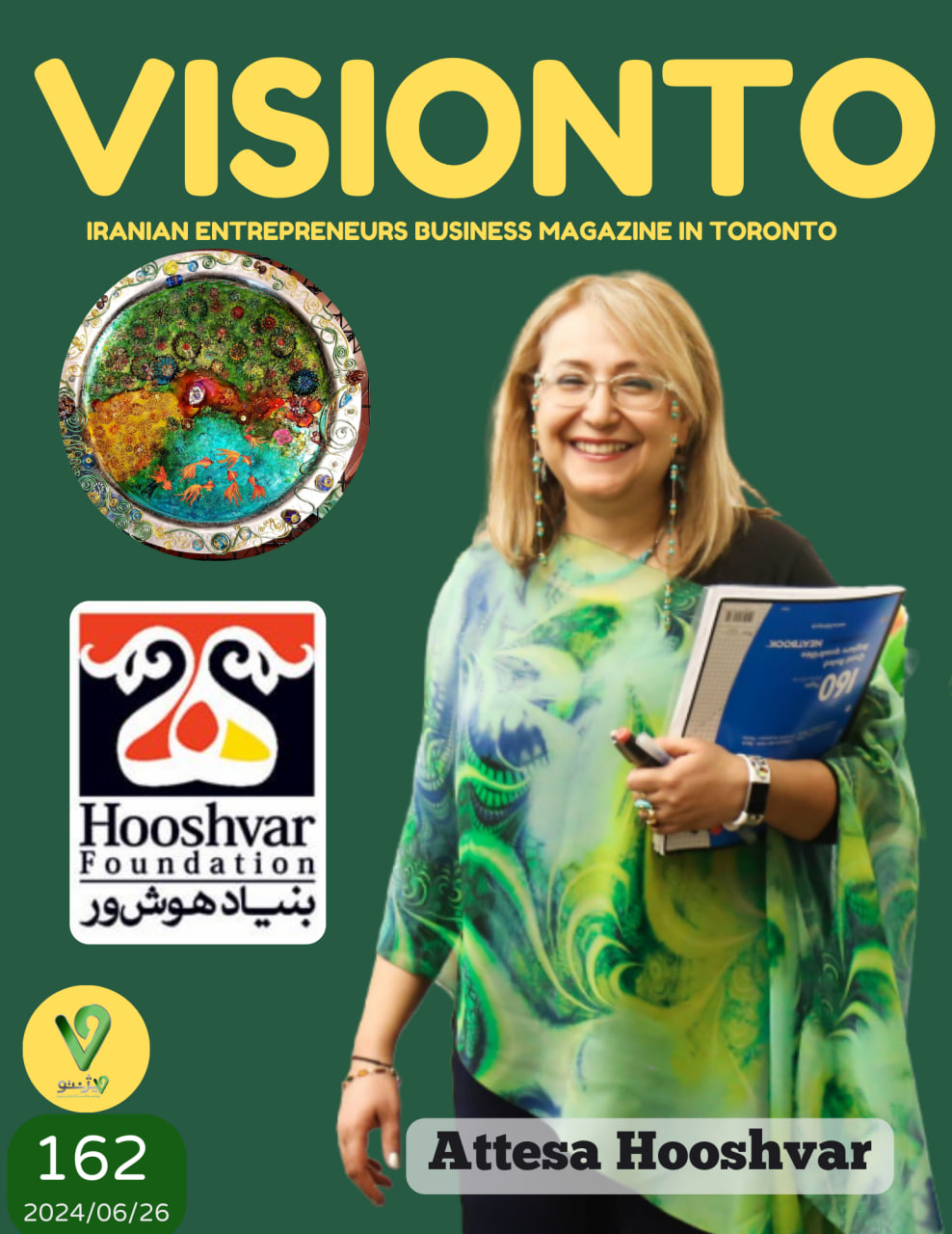
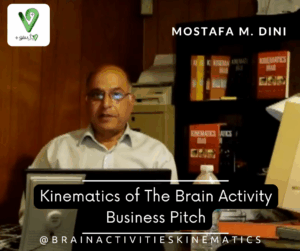
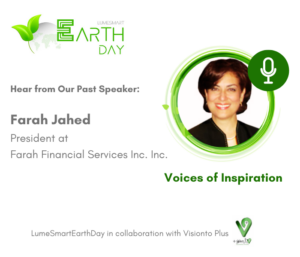
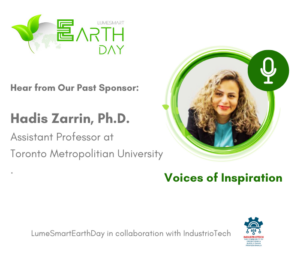
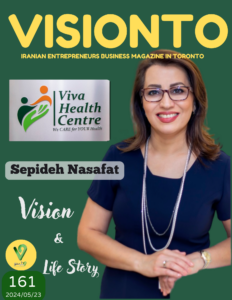
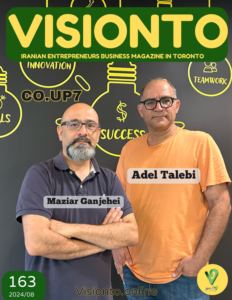
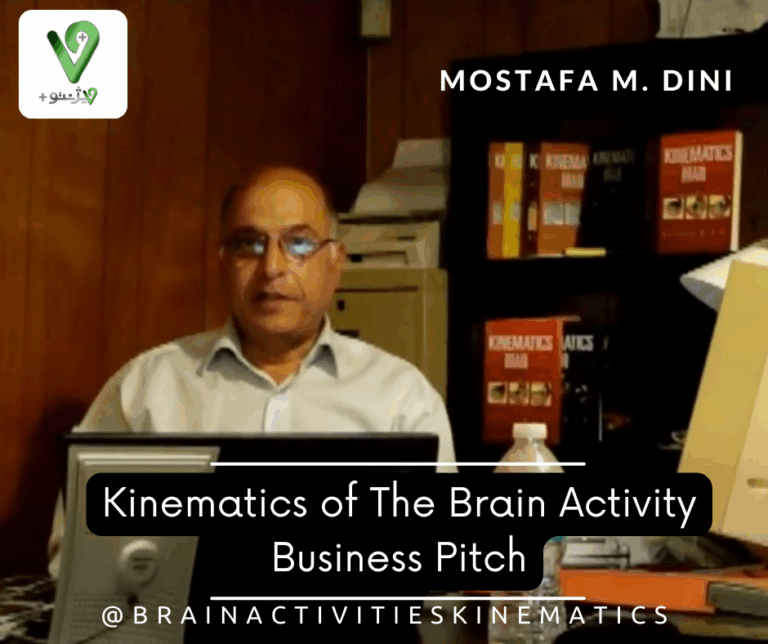
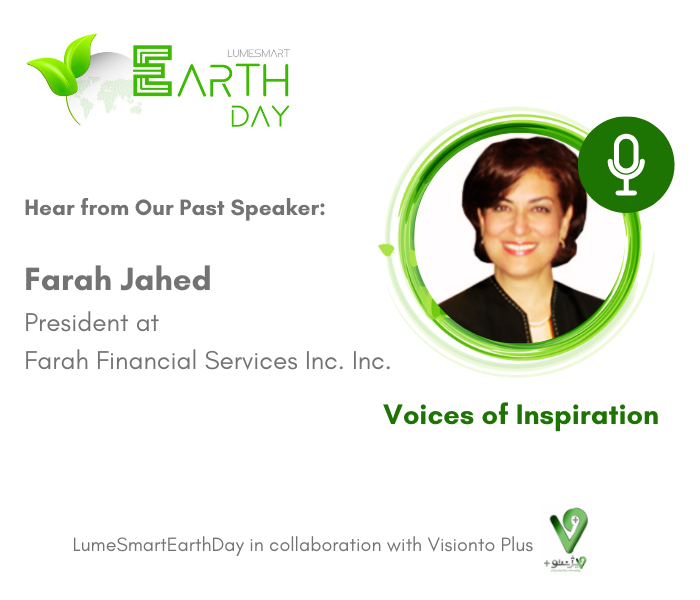
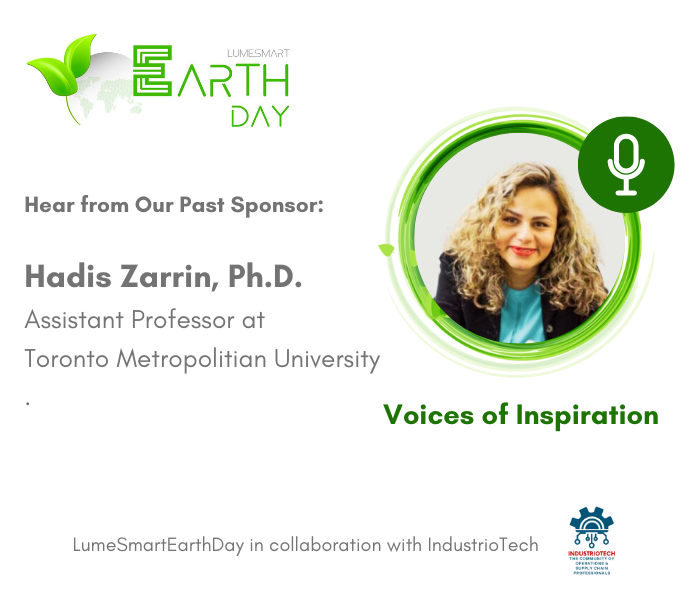
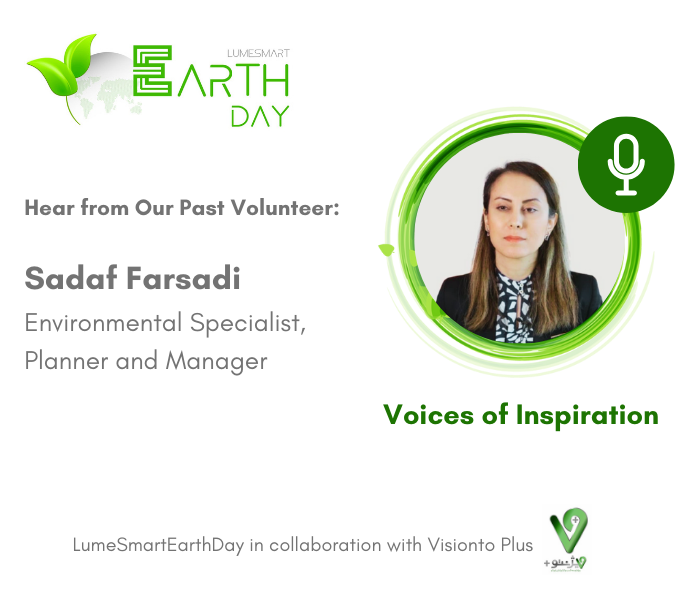
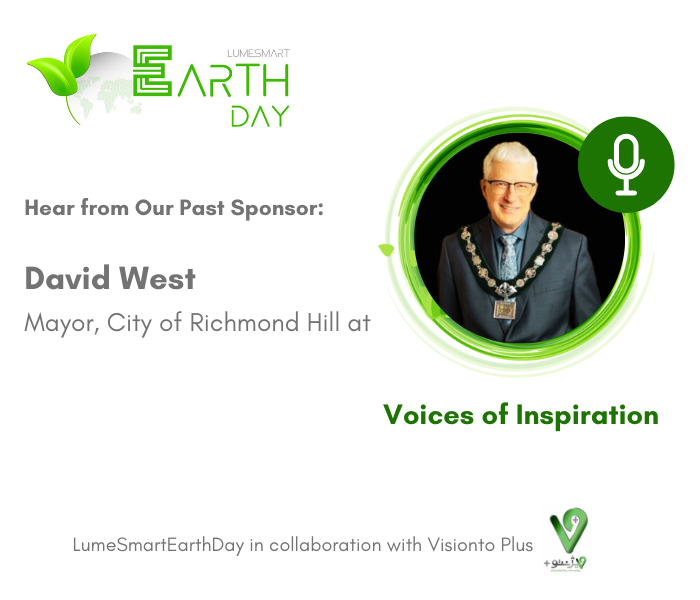
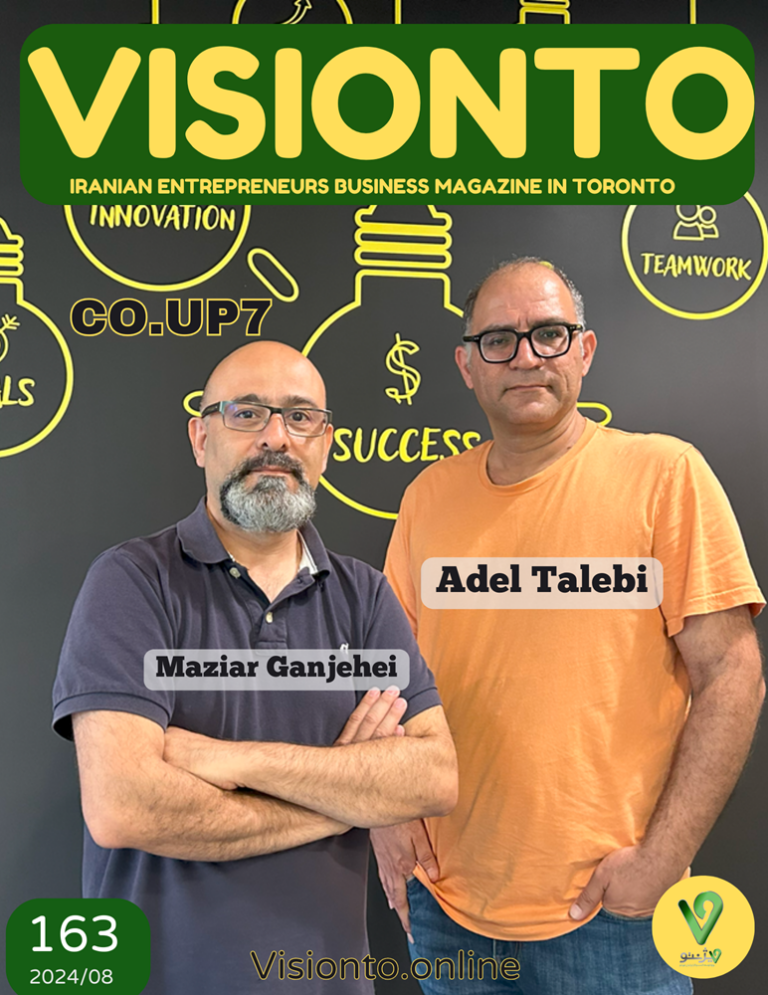
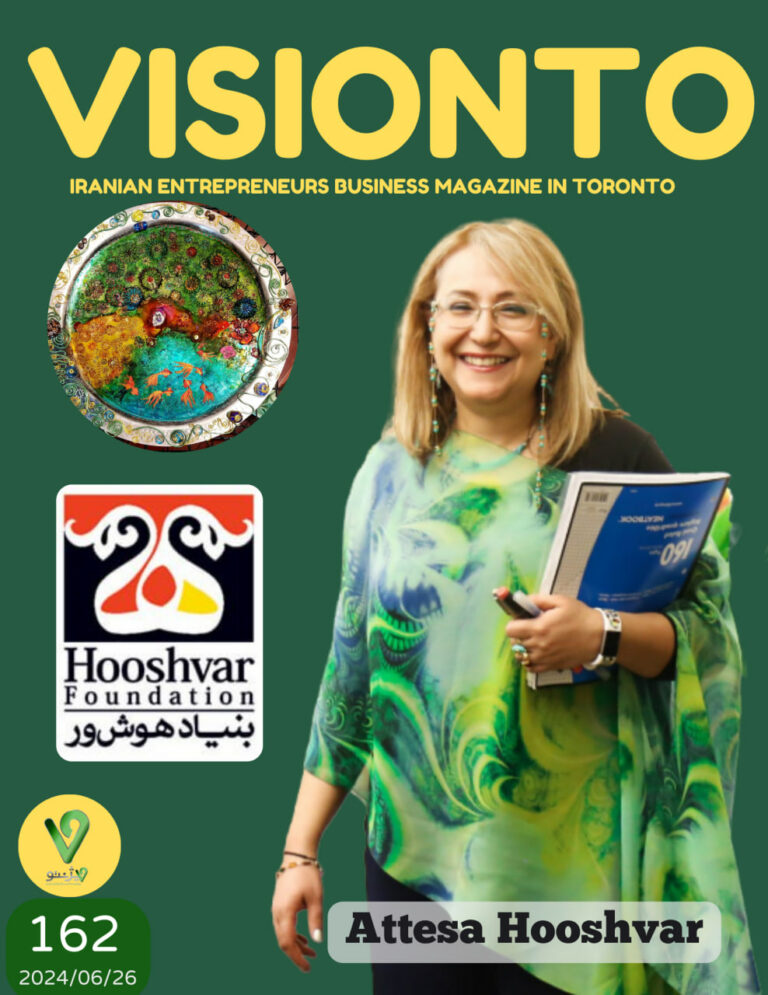
+ There are no comments
Add yours